Researchers studied two important protein mutations that are known to cause cataracts, and hope that their improved understanding will help in future treatment plans.


Researchers studied two important protein mutations that are known to cause cataracts, and hope that their improved understanding will help in future treatment plans.
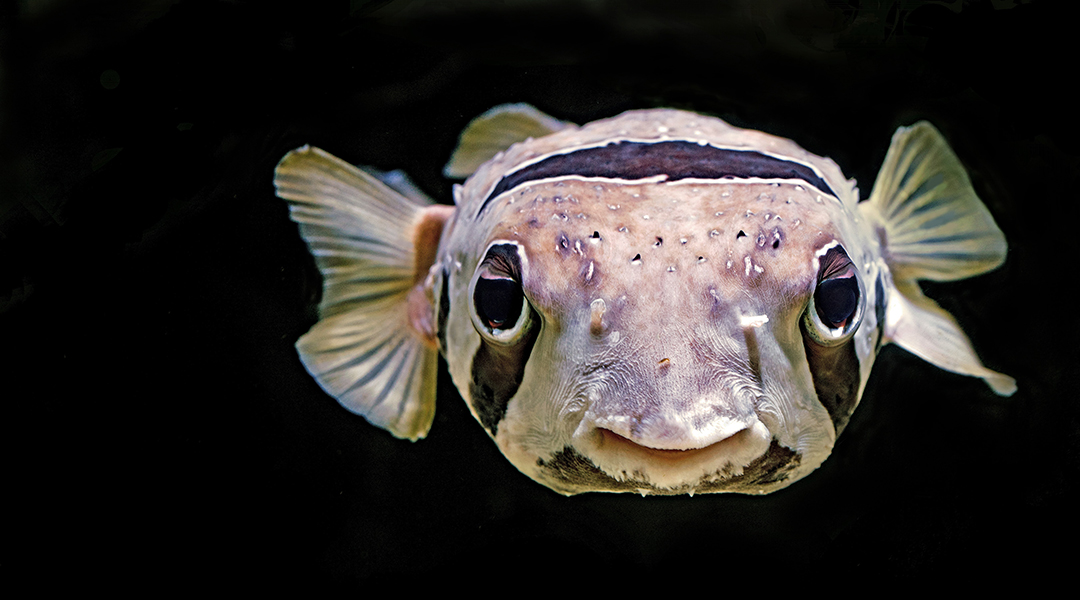
Scientists create a new route for the total synthesis of tetrodotoxin, a molecule in puffer fish that has promising medicinal benefits, such as pain relief.
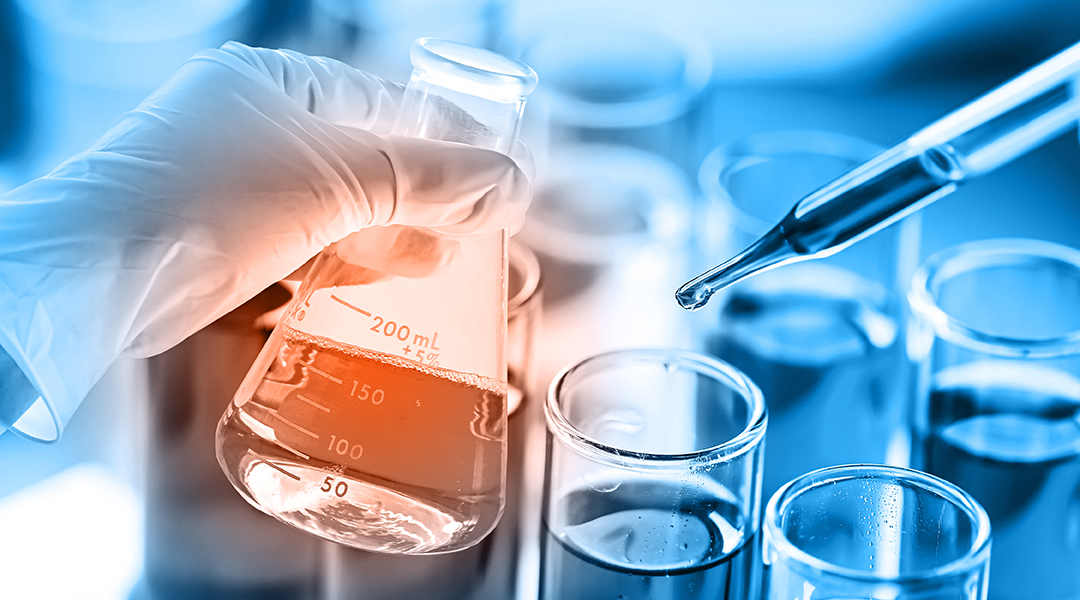
An automated microfluidics‐based reaction system provides hands-off synthesis for the modern lab.
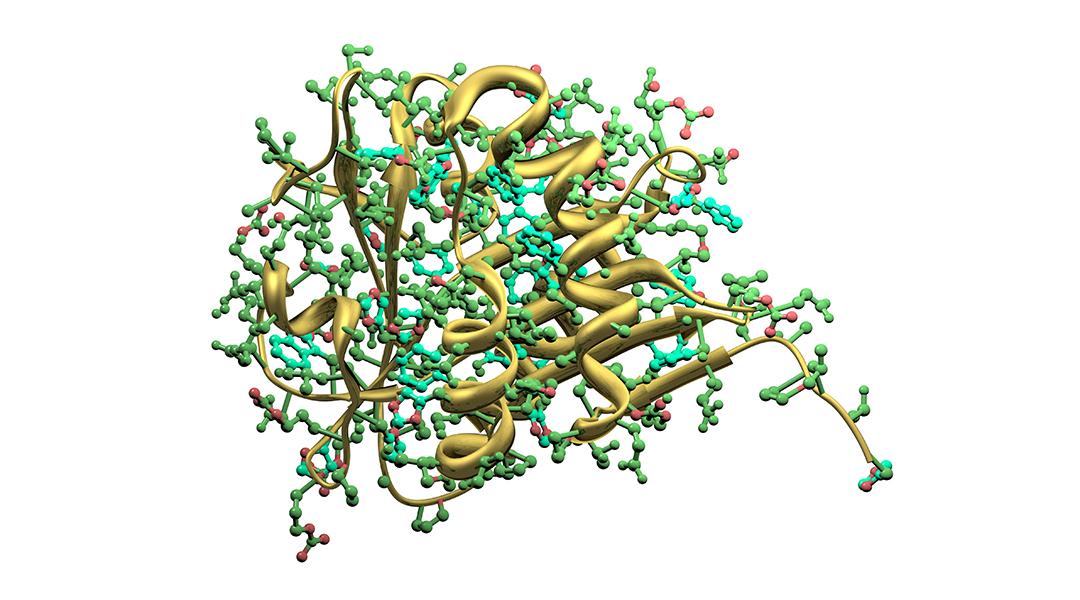
Artificial enzymes promise to not only help us understand the complex functioning of enzymes, but will create a new generation of biosystems for sustainable chemistry practices.
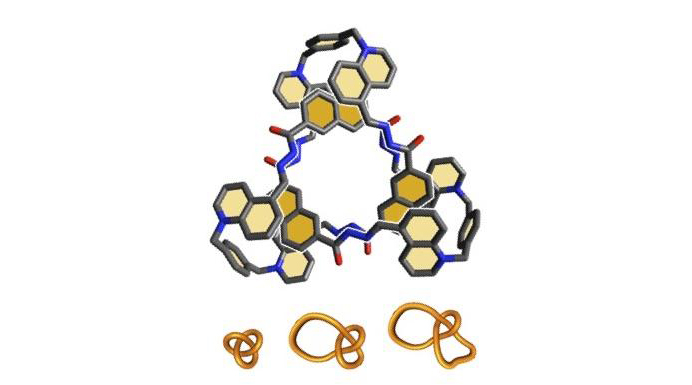
UNIGE researchers have succeeded in tying molecules together, thereby modifying their intrinsic mechanical properties
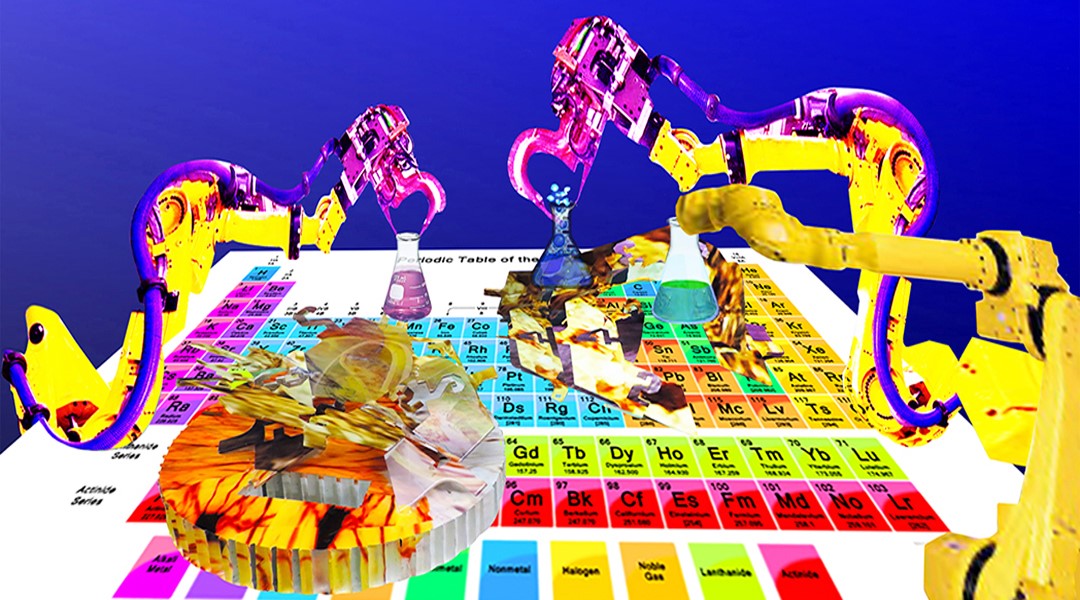
AI is being leveraged to provide machines with the capacity to match or even outperform humans in many endeavors. So what does this mean for the synthetic chemist?

Researchers develop a composite membrane for long-lasting zinc-based flow batteries.
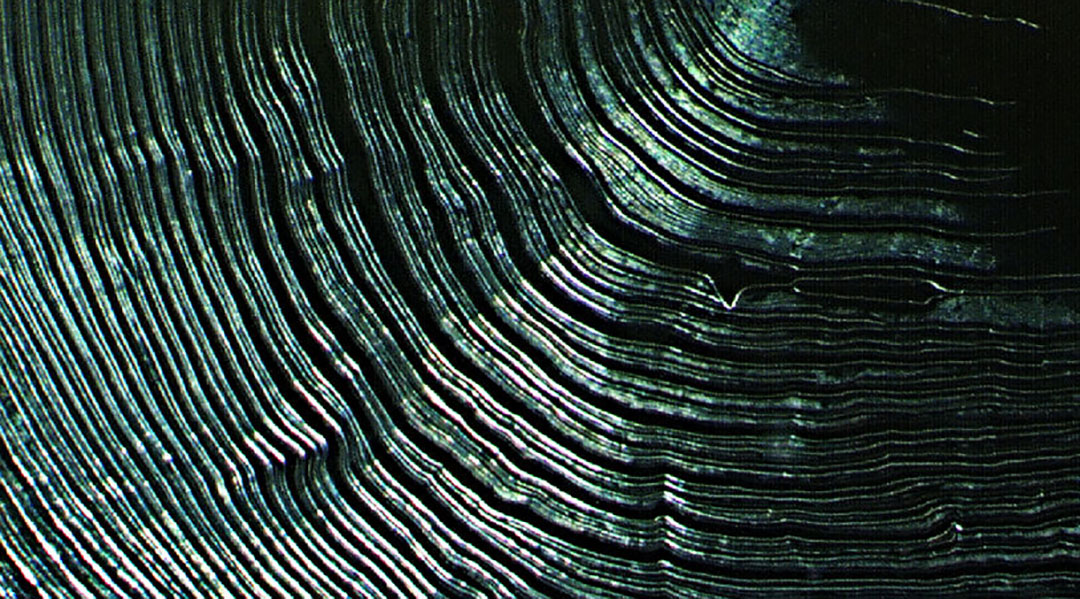
Researchers create new “superglue” with two simple ingredients: plant-based cellulose nanocrystals and water.
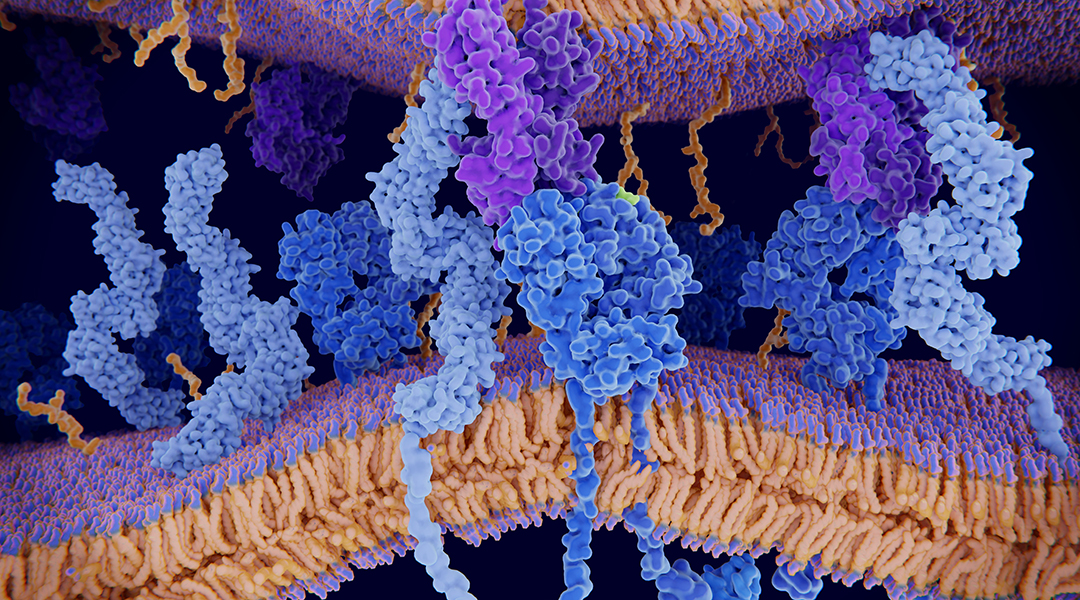
A new route to peptides containing cysteine sulfinic acid.
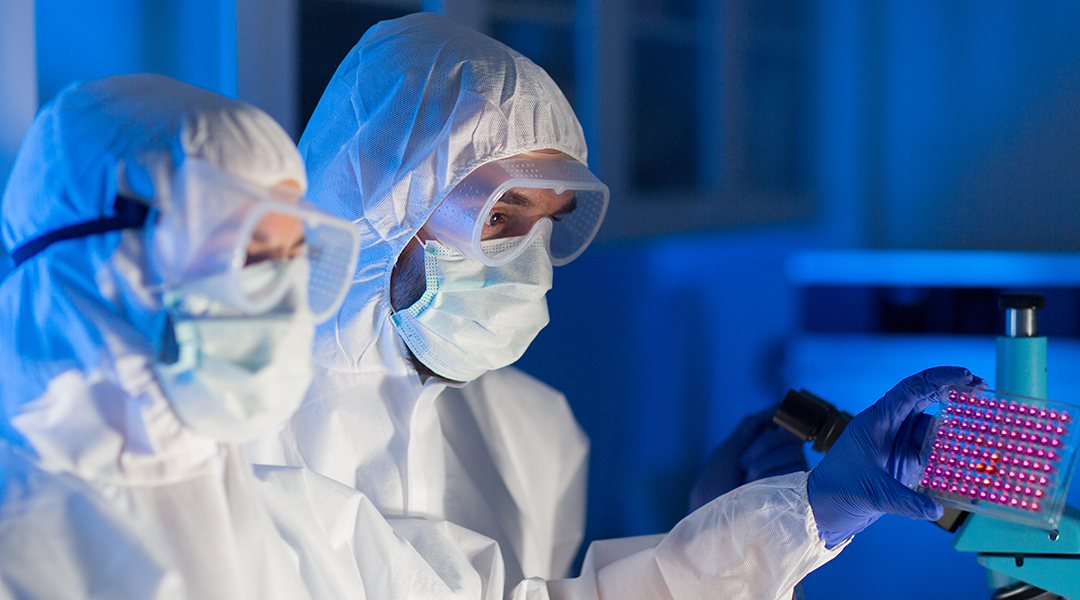
A new nanoreactor integrates multiple catalysts to carry out multiple reactions in the same pot, streamlining the production of fine chemicals—including urgently needed medicines.